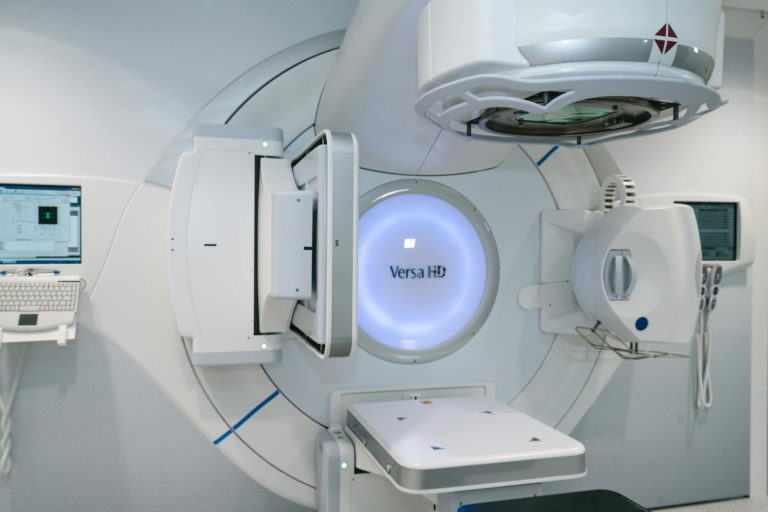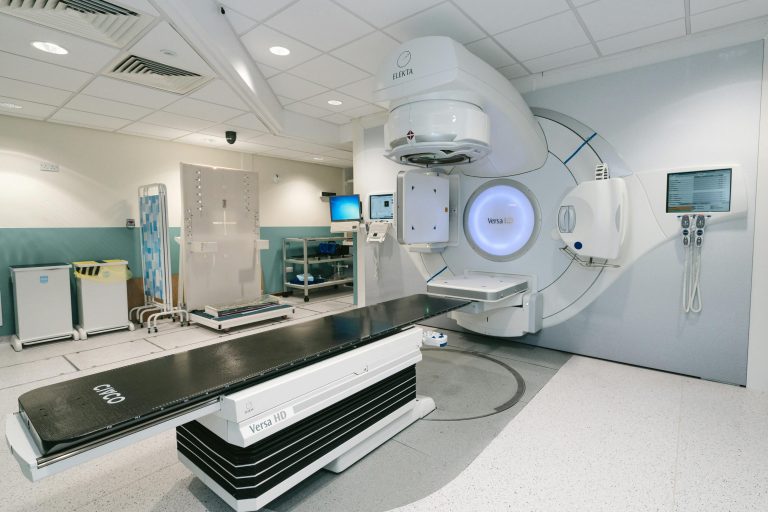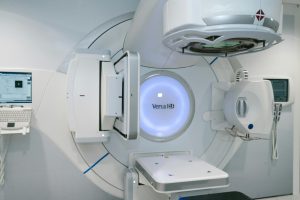What is the Rheumatology
Rheumatology is a specialized branch of medicine that focuses on diagnosing and treating rheumatic diseases, which affect the joints, muscles, and connective tissues. Rheumatologists, the physicians specializing in this field, address a wide range of conditions characterized by inflammation, pain, and degeneration, profoundly impacting patients’ quality of life.
Scope of Rheumatology
Rheumatology encompasses over 100 different disorders, including:
Connective Tissue Diseases:
Systemic Lupus Erythematosus (SLE): An autoimmune disease affecting multiple organs and tissues, including the skin, kidneys, and brain.
Scleroderma: Characterized by hardening and tightening of the skin and connective tissues.
Arthritis:
Osteoarthritis: The most common form, resulting from wear and tear on the joints.
Rheumatoid Arthritis (RA): An autoimmune disorder where the immune system attacks the joints, causing inflammation and deformity.
Psoriatic Arthritis: Associated with the skin condition psoriasis, this type also involves joint inflammation.
Systemic Vasculitides:
Giant Cell Arteritis: Inflammation of the blood vessels, often affecting the arteries in the head.
Granulomatosis with Polyangiitis (GPA): Inflammation of the blood vessels in the nose, lungs, kidneys, and other organs.
Soft Tissue Rheumatism:
Fibromyalgia: Characterized by widespread musculoskeletal pain, fatigue, and tenderness.
Metabolic Bone Disorders:
Osteoporosis: A condition where bones become weak and brittle.
Paget’s Disease of Bone: A disorder involving abnormal bone destruction and regrowth, leading to deformities.
Diagnostic Approaches
Diagnosing rheumatic diseases can be complex due to the overlapping symptoms and the systemic nature of many conditions. Rheumatologists use a combination of clinical evaluation, laboratory tests, and imaging studies:
Clinical Evaluation: Detailed patient history and physical examination are crucial for identifying characteristic signs and symptoms.
Laboratory Tests: Blood tests for markers of inflammation (e.g., ESR, CRP), autoantibodies (e.g., rheumatoid factor, anti-CCP, ANA), and other specific biomarkers.
Imaging Studies: X-rays, MRI, and ultrasound help visualize joint and soft tissue abnormalities.
Treatment Strategies
The treatment of rheumatic diseases aims to reduce inflammation, alleviate pain, slow disease progression, and improve overall function. Strategies include:
Medications, Nonsteroidal Anti-inflammatory Drugs (NSAIDs)(Reduce pain and inflammation; Disease-Modifying Antirheumatic Drugs (DMARDs): Slow disease progression (e.g., methotrexate, sulfasalazine); Physical Therapy (Exercises and techniques to maintain joint function, flexibility, and strength; Corticosteroids: Provide rapid anti-inflammatory effects); Biologic Agents (Target specific components of the immune system such as TNF inhibitors, IL-6 inhibitors); Lifestyle Modifications (Encouraging a balanced diet, regular exercise, weight management, and smoking cessation); Surgical Interventions(Joint replacement or repair in severe cases where conservative treatments are insufficient).
Research and Advancements
Rheumatology is an evolving field with ongoing research aimed at understanding disease mechanisms, improving diagnostic methods, and developing novel therapies.
Significant advancements include Biologic Therapies: Targeted treatments that have revolutionized the management of autoimmune and inflammatory diseases; Precision Medicine: Tailoring treatments based on individual patient profiles, including genetic, environmental, and lifestyle factors; Imaging Techniques: Enhanced imaging technologies for better diagnosis and monitoring of disease progression.
Challenges and Future Directions
Rheumatology faces several challenges, including the complexity of autoimmune diseases, the need for early diagnosis, and managing chronic conditions’ long-term impacts.
Future directions in the field focus on: Early Detection (Identifying biomarkers and developing screening tools for earlier diagnosis and intervention); Patient Education (Empowering patients with knowledge and self-management skills to improve adherence and outcomes); Innovative Therapies (Continuing research into new therapeutic targets and personalized medicine approaches).
Rheumatology is a vital medical specialty dedicated to understanding and treating diseases that significantly affect patients’ mobility and quality of life. Through comprehensive diagnostic approaches, advanced treatments, and ongoing research, rheumatologists strive to improve outcomes for individuals with rheumatic diseases, offering hope and enhanced quality of life for many.















